This rule, Ambedkar says, places the Kaminas of every village at the mercy of Zamindars.
How often have we heard the word 'kamina' in Hindi films and in real life? Many of us would lose count of this, and some may even pass it off as a 'decent and socially acceptable' abusive word. A Mumbai based dermatologist and social activist doesn't think so.
Insisting that its a 'casteist slur' used in Punjab for farmers, labourers and artisans belonging to the scheduled caste, the doctor has shot letters to Censor Board chief Pahlaj Nihlani demanding an immediate ban on using the word in films.
Dr Tushar Jagtap has based his claims on a correspondence between Dr Baba Saheb Ambedkar, the architect of the Indian constitution, and Pt Jawahar Lal Nehru, India's first prime minister. The communication was done months after Independence and partition, in which Dr Ambedkar had raised the plight of scheduled caste refugees coming from Pakistan. In the same letter, Ambedkar also apprised the ex-PM about the caste system existing in the villages of eastern Punjab (India's side).
The letter dated December 18, 1947 is part of a book titled “Dr Baba Saheb Ambedkar, Writings and Speeches, Volume 17, Part 1”. In the letter, which has been published by the higher education department of Maharashtra, Ambedkar has sought to inform Nehru of the sufferings of the 'untouchables'. Dr Jagtap has attached a copy of the said letter with his petition to the censor board.
In the exchange, Ambekdra tells Nehru: “The land revenue system of East Punjab divided the residents of the village into two classes 'zamindars' and 'kaminas'. The category of Zamindars include those families who have an exclusive right to own land situated inside the village boundary.”
Additionally, Ambedkar also states that the 'kaminas' have no rights to buy or to own land situated in the villages of which they are residents. “Even the sites on which their houses are situated belong to Zamindars, with the result that the Zamindars can compel the Kaminas to leave the village by asking them to remove their houses.”
This rule, Ambedkar says, places the Kaminas of every village at the mercy of Zamindars.
Insisting that the word has gone unnoticed for many decades, despite Ambedkar himself informing the then government head, Dr Jagtap in his letter to Nihlani says: “In view of these facts, you can imagine the plight of these brothers and sisters of this clan who silently suffered their humiliation for more than 67 years. It is our duty to apologise to them and stop using this word in films and theatre, and other mediums immediately.”
Nihlani, who had banned 28 cuss words soon after bagging the top post at the board, a decision which was deferred later, is yet to respond to the petition. Dr Jagtap has now written to Minister of state, I&B, Rajyavardhan Rathore.
Expert views are divided. Reeta Grewal, head of history department at Punjab University said: “I don't think Kamina is a casteist word. This is an abusive word which is used to refer to people who are dishonest.”
The professor added: “In Punjab, the caste system was not as strictly followed as it was in Tamil Nadu, West Bengal or Maharashtra. I don't think that 'kamina' has come from 'kamin'. Hence, there is no question of kamina being a casteist slur.”
Karl Jettmar, another historian, writes in his book 'Bilor and Dardistan', saying: “Kamin is the term for a low caste of tenants and craftsmen in Punjab and in the corner between the River Kabul and the River Swat.”
Grewal feels that Dr Ambedkar may have misunderstood the word. Prakash Ambedkar, his grandson and an ex-MP, echoes Grewal's sentiments, saying: “Ï don't think Kamina is a casteist slur. There must be some confusion. I need to have a look at that letter.”
![submenu-img]() This singer left Air Force, sang at churches, became superstar; later his father killed him after...
This singer left Air Force, sang at churches, became superstar; later his father killed him after...![submenu-img]() Indian-origin man says Apple CEO Tim Cook pushed him...
Indian-origin man says Apple CEO Tim Cook pushed him...![submenu-img]() Anil Ambani’s Rs 96500000000 Reliance deal still waiting for green signal? IRDAI nod awaited as deadline nears
Anil Ambani’s Rs 96500000000 Reliance deal still waiting for green signal? IRDAI nod awaited as deadline nears![submenu-img]() Most popular Indian song ever on Spotify has 50 crore streams; it's not Besharam Rang, Pehle Bhi Main, Oo Antava, Naina
Most popular Indian song ever on Spotify has 50 crore streams; it's not Besharam Rang, Pehle Bhi Main, Oo Antava, Naina![submenu-img]() Did Diljit Dosanjh cut his hair for Amar Singh Chamkila? Imtiaz Ali reveals ‘he managed to…’
Did Diljit Dosanjh cut his hair for Amar Singh Chamkila? Imtiaz Ali reveals ‘he managed to…’ ![submenu-img]() DNA Verified: Is CAA an anti-Muslim law? Centre terms news report as 'misleading'
DNA Verified: Is CAA an anti-Muslim law? Centre terms news report as 'misleading'![submenu-img]() DNA Verified: Lok Sabha Elections 2024 to be held on April 19? Know truth behind viral message
DNA Verified: Lok Sabha Elections 2024 to be held on April 19? Know truth behind viral message![submenu-img]() DNA Verified: Modi govt giving students free laptops under 'One Student One Laptop' scheme? Know truth here
DNA Verified: Modi govt giving students free laptops under 'One Student One Laptop' scheme? Know truth here![submenu-img]() DNA Verified: Shah Rukh Khan denies reports of his role in release of India's naval officers from Qatar
DNA Verified: Shah Rukh Khan denies reports of his role in release of India's naval officers from Qatar![submenu-img]() DNA Verified: Is govt providing Rs 1.6 lakh benefit to girls under PM Ladli Laxmi Yojana? Know truth
DNA Verified: Is govt providing Rs 1.6 lakh benefit to girls under PM Ladli Laxmi Yojana? Know truth![submenu-img]() Alia Bhatt wears elegant saree made by 163 people over 1965 hours to Met Gala 2024, fans call her ‘princess Jasmine’
Alia Bhatt wears elegant saree made by 163 people over 1965 hours to Met Gala 2024, fans call her ‘princess Jasmine’![submenu-img]() Jr NTR-Lakshmi Pranathi's 13th wedding anniversary: Here's how strangers became soulmates
Jr NTR-Lakshmi Pranathi's 13th wedding anniversary: Here's how strangers became soulmates![submenu-img]() Streaming This Week: Heeramandi, Shaitaan, Manjummel Boys, latest OTT releases to binge-watch
Streaming This Week: Heeramandi, Shaitaan, Manjummel Boys, latest OTT releases to binge-watch![submenu-img]() Remember Ayesha Kapur? Michelle from Black, here's how actress, nutrition coach, entrepreneur looks after 19 years
Remember Ayesha Kapur? Michelle from Black, here's how actress, nutrition coach, entrepreneur looks after 19 years![submenu-img]() Remember Heyy Babyy's cute 'Angel' Juanna Sanghvi? 20 year-old looks unrecognisable now, fans say 'her comeback will...'
Remember Heyy Babyy's cute 'Angel' Juanna Sanghvi? 20 year-old looks unrecognisable now, fans say 'her comeback will...'![submenu-img]() DNA Explainer: Why Harvey Weinstein's rape conviction was overturned, will beleaguered Hollywood mogul get out of jail?
DNA Explainer: Why Harvey Weinstein's rape conviction was overturned, will beleaguered Hollywood mogul get out of jail?![submenu-img]() What is inheritance tax?
What is inheritance tax?![submenu-img]() DNA Explainer: What is cloud seeding which is blamed for wreaking havoc in Dubai?
DNA Explainer: What is cloud seeding which is blamed for wreaking havoc in Dubai?![submenu-img]() DNA Explainer: What is Israel's Arrow-3 defence system used to intercept Iran's missile attack?
DNA Explainer: What is Israel's Arrow-3 defence system used to intercept Iran's missile attack?![submenu-img]() DNA Explainer: How Iranian projectiles failed to breach iron-clad Israeli air defence
DNA Explainer: How Iranian projectiles failed to breach iron-clad Israeli air defence![submenu-img]() This singer left Air Force, sang at churches, became superstar; later his father killed him after...
This singer left Air Force, sang at churches, became superstar; later his father killed him after...![submenu-img]() Most popular Indian song ever on Spotify has 50 crore streams; it's not Besharam Rang, Pehle Bhi Main, Oo Antava, Naina
Most popular Indian song ever on Spotify has 50 crore streams; it's not Besharam Rang, Pehle Bhi Main, Oo Antava, Naina![submenu-img]() Did Diljit Dosanjh cut his hair for Amar Singh Chamkila? Imtiaz Ali reveals ‘he managed to…’
Did Diljit Dosanjh cut his hair for Amar Singh Chamkila? Imtiaz Ali reveals ‘he managed to…’ ![submenu-img]() Watch: Arti Singh gets grand welcome at husband Dipak's house with fairy lights and fireworks, video goes viral
Watch: Arti Singh gets grand welcome at husband Dipak's house with fairy lights and fireworks, video goes viral![submenu-img]() Meet actress, who belongs to family of superstars, quit films after 19 flops, no single hit in 9 years; is still worth…
Meet actress, who belongs to family of superstars, quit films after 19 flops, no single hit in 9 years; is still worth…![submenu-img]() IPL 2024: Suryakumar Yadav's century power MI to 7-wicket win over SRH
IPL 2024: Suryakumar Yadav's century power MI to 7-wicket win over SRH![submenu-img]() DC vs RR, IPL 2024: Predicted playing XI, live streaming details, weather and pitch report
DC vs RR, IPL 2024: Predicted playing XI, live streaming details, weather and pitch report![submenu-img]() Watch: Team India’s new jersey for T20 World Cup 2024 unveiled
Watch: Team India’s new jersey for T20 World Cup 2024 unveiled![submenu-img]() DC vs RR IPL 2024 Dream11 prediction: Fantasy cricket tips for Delhi Capitals vs Rajasthan Royals
DC vs RR IPL 2024 Dream11 prediction: Fantasy cricket tips for Delhi Capitals vs Rajasthan Royals![submenu-img]() IPL 2024: Kolkata Knight Riders take top spot after 98 runs win over Lucknow Super Giants
IPL 2024: Kolkata Knight Riders take top spot after 98 runs win over Lucknow Super Giants![submenu-img]() Indian-origin man says Apple CEO Tim Cook pushed him...
Indian-origin man says Apple CEO Tim Cook pushed him...![submenu-img]() Meet man whose salary was only Rs 83 but his net worth grew by Rs 7010577000000 in 2023, he is Mukesh Ambani's...
Meet man whose salary was only Rs 83 but his net worth grew by Rs 7010577000000 in 2023, he is Mukesh Ambani's...![submenu-img]() Job applicant offers to pay Rs 40000 to Bengaluru startup founder, here's what happened next
Job applicant offers to pay Rs 40000 to Bengaluru startup founder, here's what happened next![submenu-img]() Viral video: Family fearlessly conducts puja with live black cobra, internet reacts
Viral video: Family fearlessly conducts puja with live black cobra, internet reacts![submenu-img]() Woman demands Rs 50 lakh after receiving chicken instead of paneer
Woman demands Rs 50 lakh after receiving chicken instead of paneer


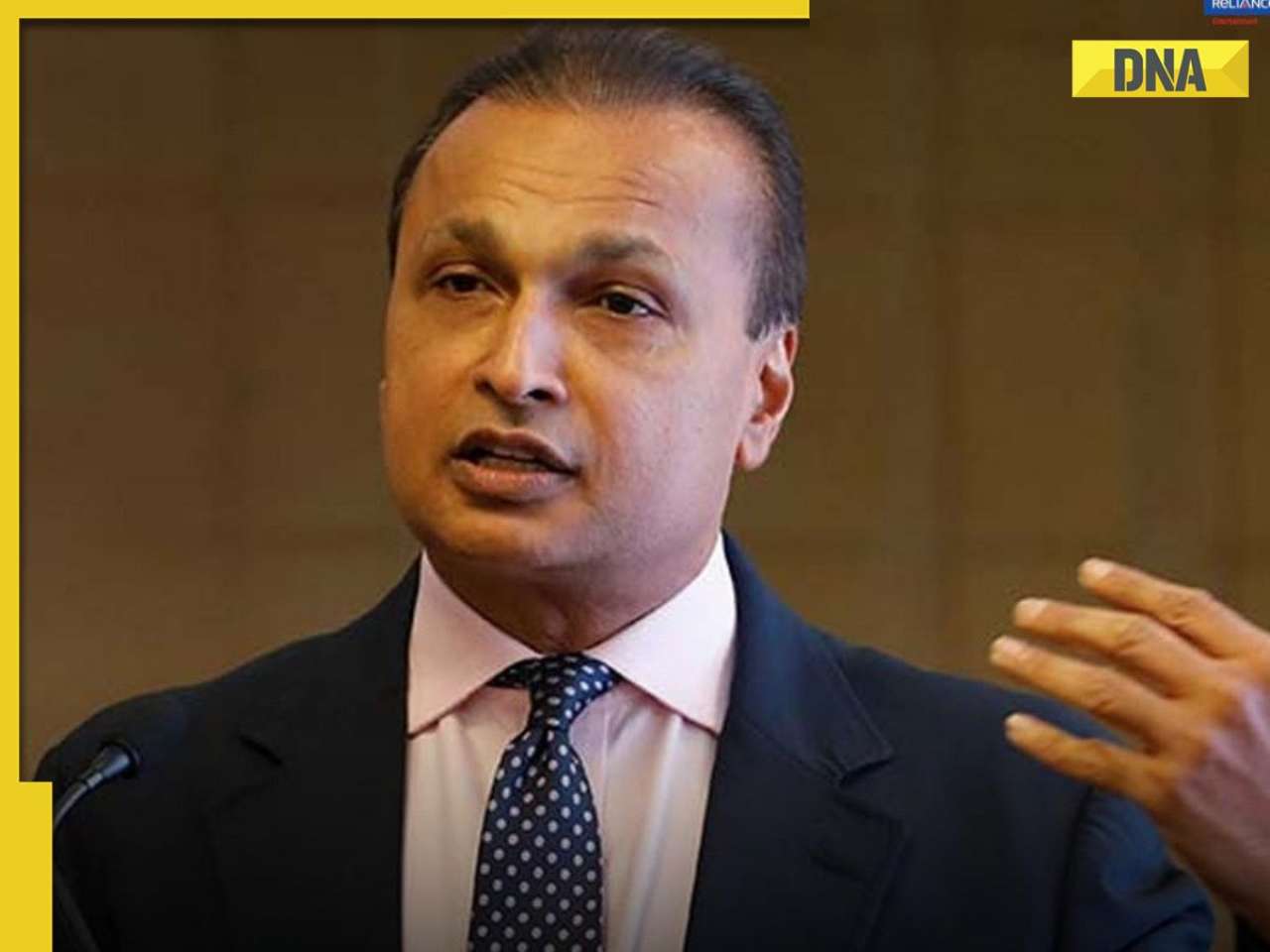

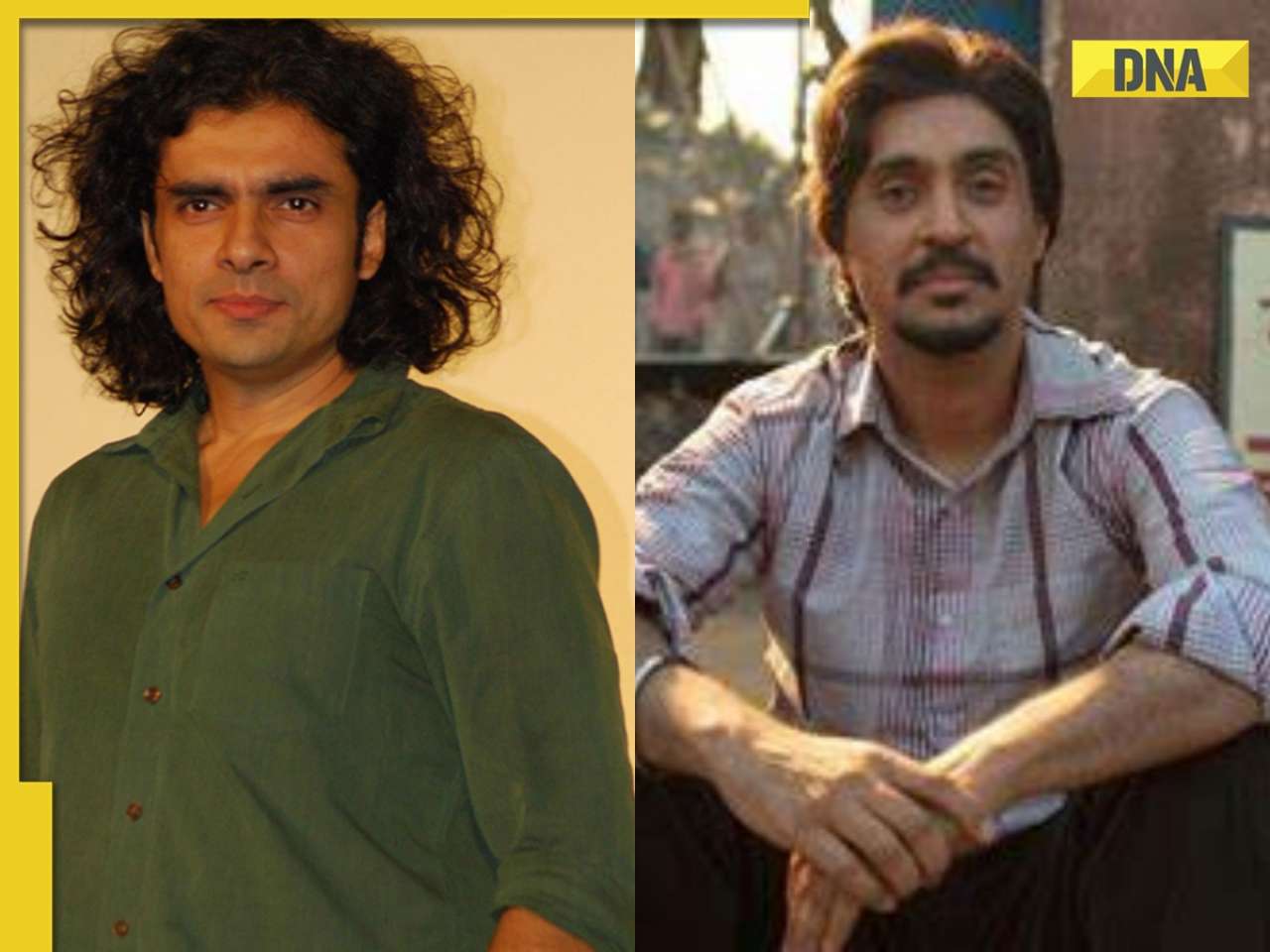
































)


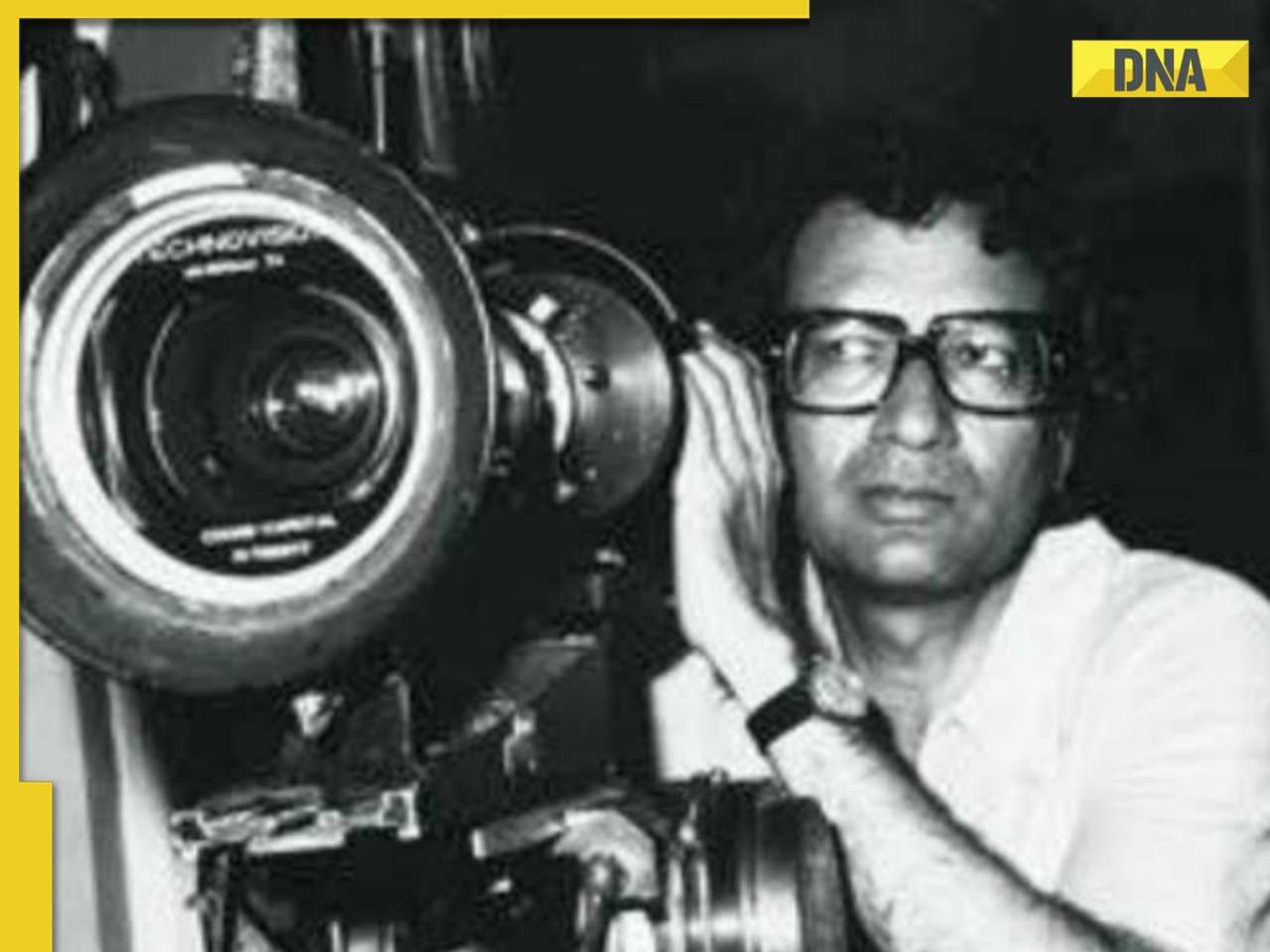
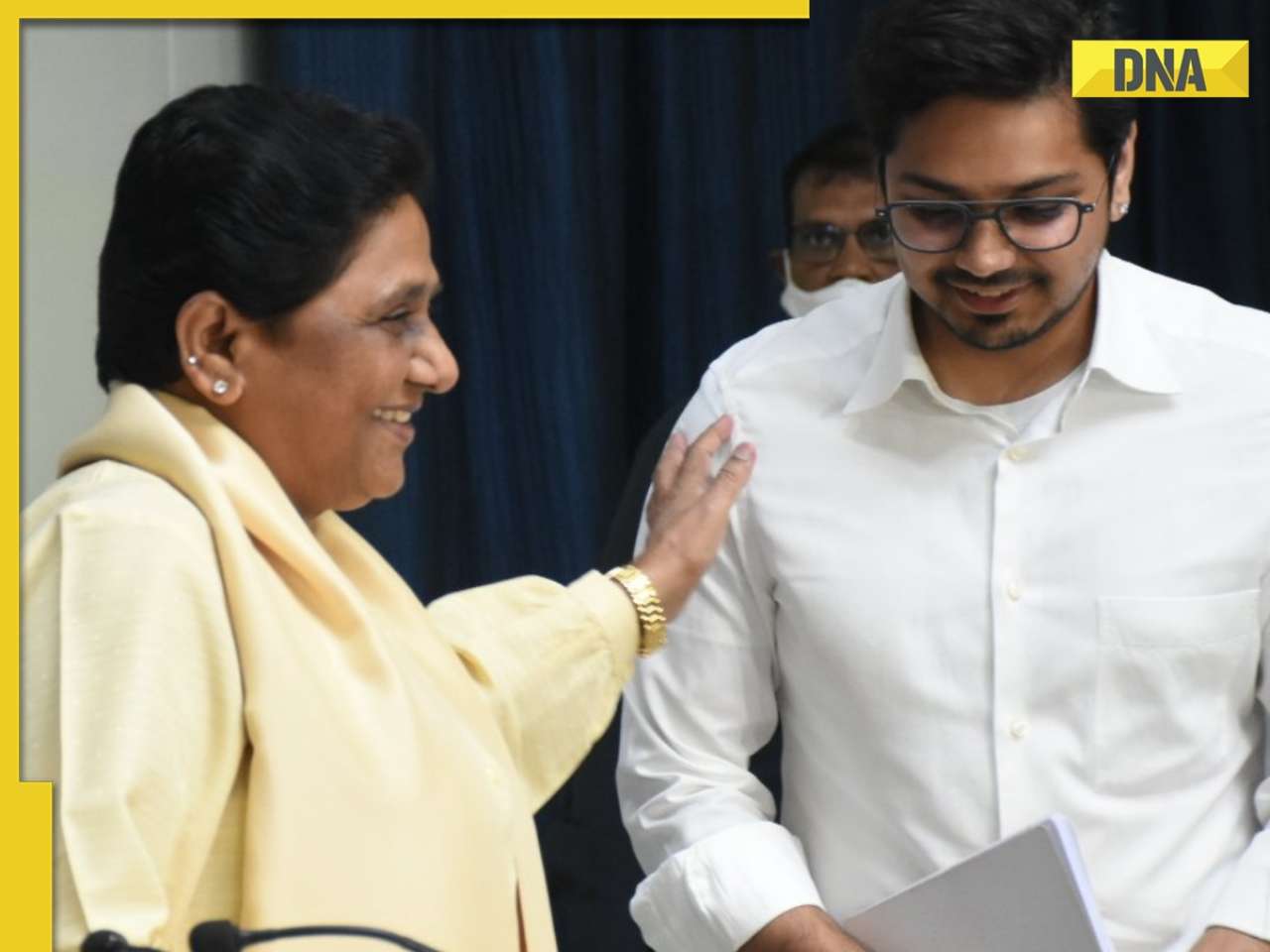
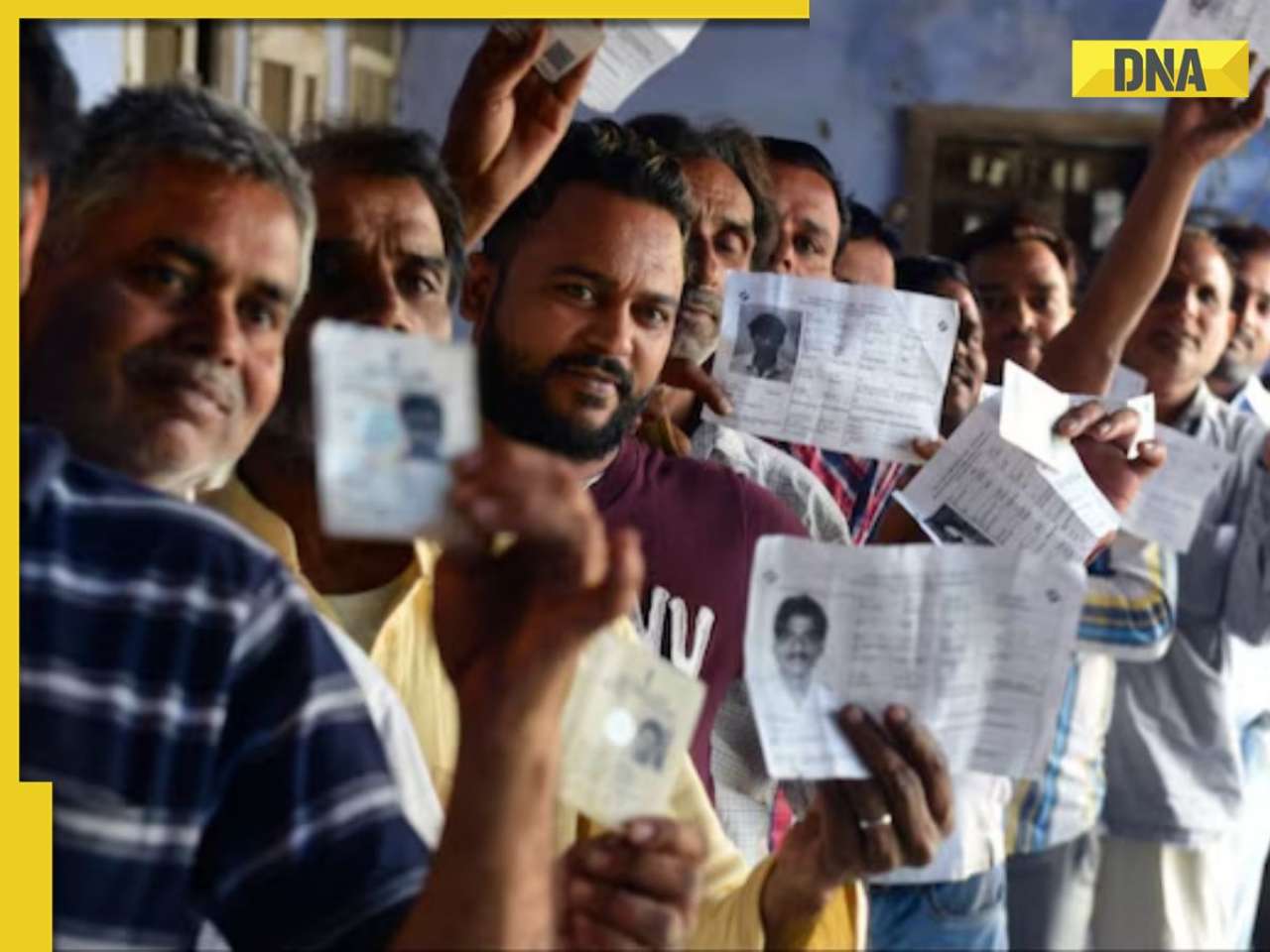




)
)
)
)
)
)